Find Help
More Items From Ergsy search
-

Fire Safety At Home
Relevance: 100%
-

How does leaving the fire service before pension age affect my benefits?
Relevance: 35%
-
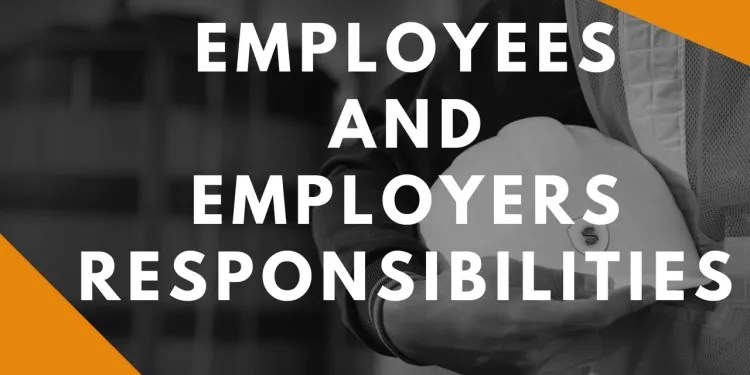
Health and safety responsibilities
Relevance: 33%
-

The role of residential and nursing homes
Relevance: 31%
-
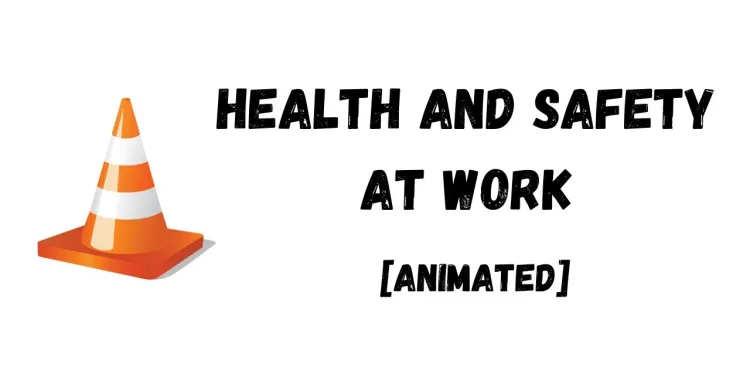
THE LAW IN 60 SECONDS | HEALTH AND SAFETY AT WORK
Relevance: 26%
-

Home Haemodialysis - Donna's story
Relevance: 25%
-

What are my rights regarding workplace safety as a gig worker?
Relevance: 25%
-

What measures are taken to ensure food safety in school meals?
Relevance: 24%
-

How do I choose a good nursing home?
Relevance: 24%
-

Are there new guidelines for property maintenance?
Relevance: 24%
-

The role of residential & nursing homes
Relevance: 24%
-
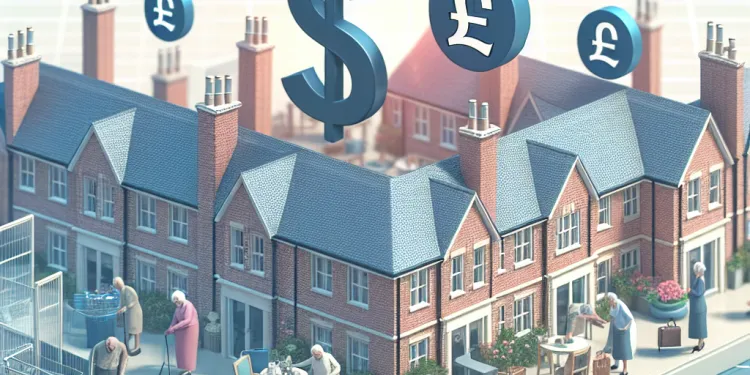
How do I choose a good bursing home
Relevance: 24%
-
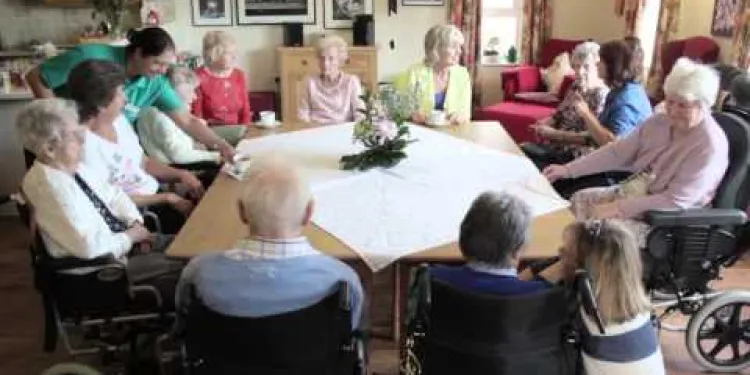
Fernhill Dedicated Dementia Care Home - a relatives perspective
Relevance: 23%
-

What is the role of the Office for Product Safety and Standards in a recall?
Relevance: 23%
-

Where can individuals find reliable information on the safety of medications during pregnancy?
Relevance: 22%
-

What is the value of the home charger installation grant?
Relevance: 22%
-

What is the Warm Home Discount?
Relevance: 22%
-
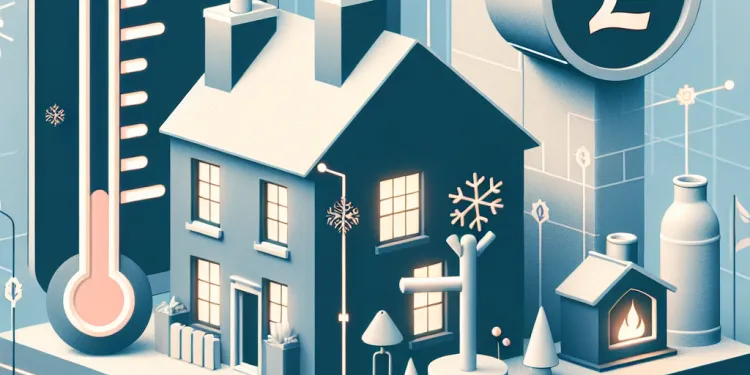
Is the Warm Home Discount a loan?
Relevance: 22%
-
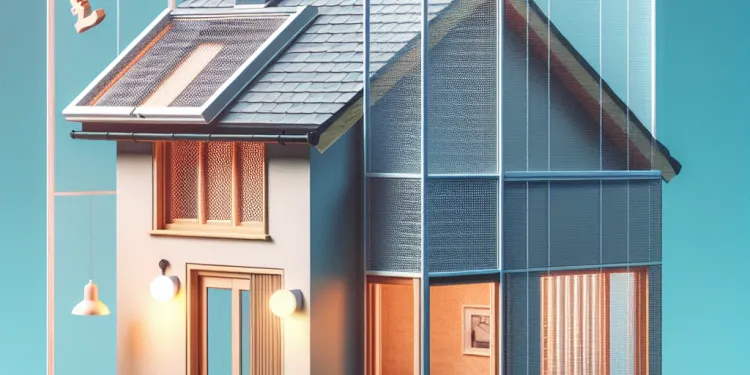
Do mosquito screens add value to my home?
Relevance: 22%
-
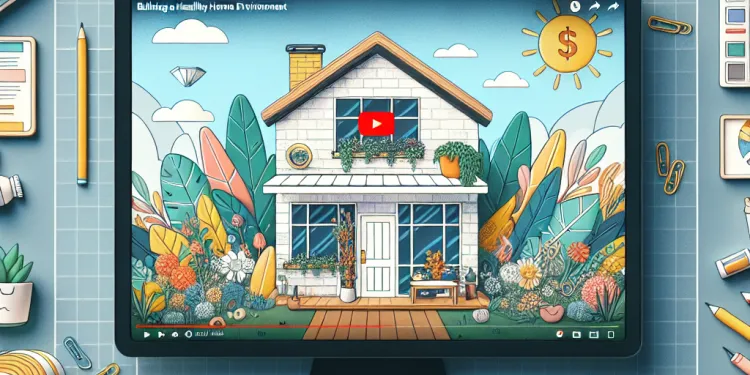
Building a Healthy Home Environment
Relevance: 21%
-

Are there home remedies for psoriasis?
Relevance: 21%
-
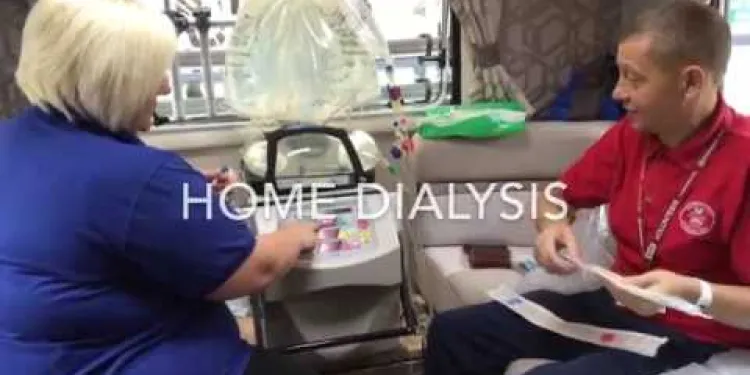
Home dialysis help for kidney patients
Relevance: 21%
-
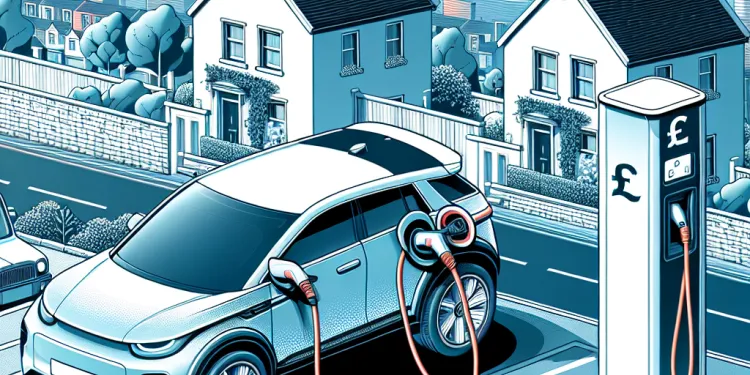
Does the EV grant cover the cost of home charging equipment?
Relevance: 21%
-

Do I need a TV license for each TV in my home?
Relevance: 20%
-

When is the Warm Home Discount applied?
Relevance: 20%
-
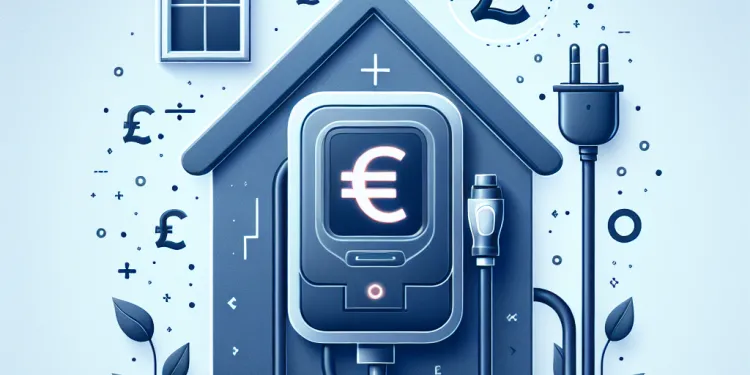
Are there grants for installing an electric vehicle charger at home?
Relevance: 20%
-

How do bed bugs enter my home?
Relevance: 20%
-

Are there home remedies for chickenpox?
Relevance: 20%
-

Who is eligible for the Warm Home Discount?
Relevance: 20%
-
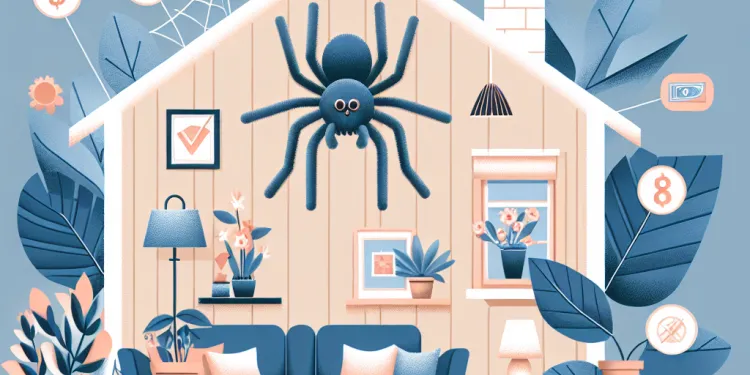
What are the benefits of having spiders in the home?
Relevance: 20%
-
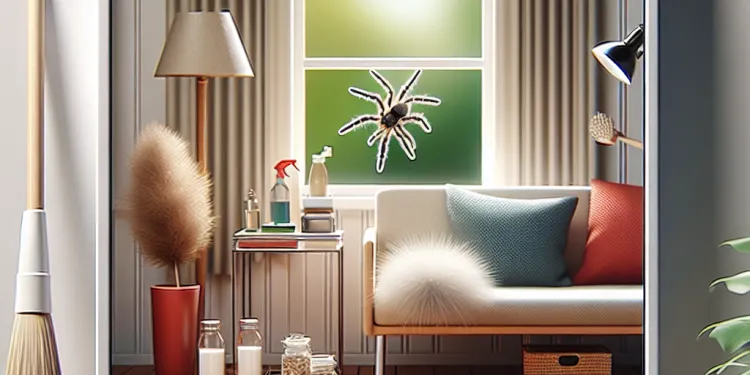
What should I do if I find a spider in my home?
Relevance: 20%
-

Can tenants apply for the Warm Home Discount?
Relevance: 20%
-

Are there any home remedies for impetigo?
Relevance: 20%
-
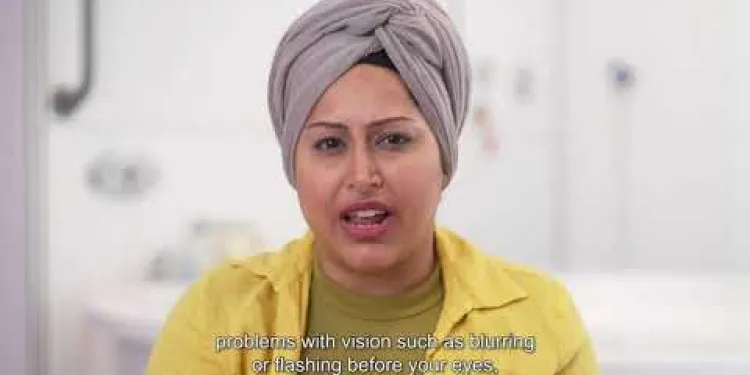
Pre eclampsia - NHS Maternity Safety Information
Relevance: 19%
-
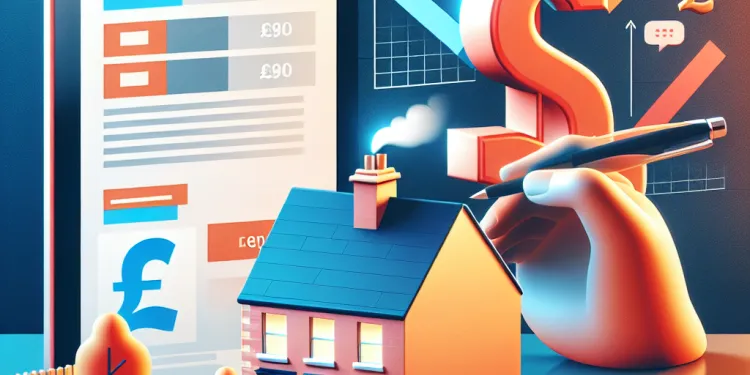
How do I apply for the Warm Home Discount?
Relevance: 19%
-

What is the difference between a product recall and a safety notice?
Relevance: 19%
-

Does the Warm Home Discount affect my other benefits?
Relevance: 19%
-

Do all energy suppliers offer the Warm Home Discount?
Relevance: 19%
-

Can second homeowners apply for the Warm Home Discount?
Relevance: 19%
-
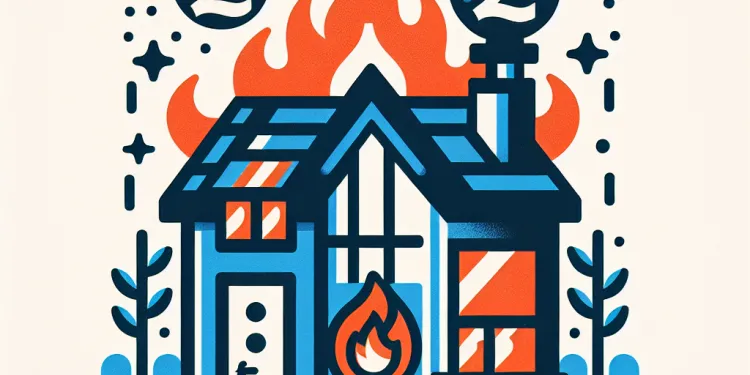
Can I receive the Warm Home Discount if I switch suppliers?
Relevance: 19%
Fire Safety At Home
Ensuring fire safety at home is crucial to protect your loved ones and property. In the UK, it is essential to adhere to guidelines and adopt best practices to minimize fire risks. Below are comprehensive tips and recommendations to enhance fire safety in your home.
Install and Maintain Smoke Alarms
Smoke alarms are the first line of defense against fires. Install smoke alarms on every level of your home, including bedrooms. Test them regularly to ensure they are functioning correctly, and replace batteries at least once a year. Replace the entire smoke alarm unit every 10 years.
Create an Escape Plan
Develop a clear escape plan detailing all possible exits from your home. Ensure every household member knows the plan and practices it periodically. Identify a safe meeting point outside the house and remind everyone never to re-enter a burning building.
Be Cautious with Electrical Appliances
Electrical appliances are a common source of household fires. Inspect cables and plugs for wear and tear, and avoid overloading sockets. Unplug appliances when not in use and consider using surge protectors. Replace faulty appliances immediately.
Practice Safe Cooking Habits
Kitchen fires are prevalent, making safe cooking practices essential. Never leave cooking unattended, especially when using oils that can ignite quickly. Keep flammable items away from cooking areas, and always turn off appliances after use.
Store Flammable Materials Safely
Keep flammable materials, such as cleaning supplies and chemicals, in well-ventilated areas away from heat sources. Store them in labeled, fire-resistant containers out of reach of children and pets to prevent accidental ignition or consumption.
Use Candles and Heaters Responsibly
Open flames and portable heaters pose significant fire hazards when not used correctly. Always place candles on stable, heat-resistant surfaces and extinguish them before leaving the room or going to bed. Keep heaters away from flammable materials and follow the manufacturer’s safety instructions.
Educate Your Family
Knowledge is a vital component of fire safety. Educate your family about potential fire hazards and safe practices. Teach children the dangers of fire, how to use a fire extinguisher, and the importance of the escape plan.
Conclusion
By taking proactive steps and educating your family, you can create a safer home environment. Regularly review and update your fire safety measures to adapt to any changes in your household. Prioritizing fire safety will provide peace of mind and ensure you are well-prepared in the event of a fire. Stay safe!
Fire Safety At Home
Fire safety at home is very important. It helps keep your family and house safe. Here are some easy tips to help stop fires from happening at home.
Install and Check Smoke Alarms
Smoke alarms can warn you about fires early. Put a smoke alarm on every floor of your house, and in every bedroom. Test them often to make sure they work. Change the batteries once a year. Get a new smoke alarm every 10 years.
Make an Escape Plan
Create a plan for how to leave your house quickly if there’s a fire. Make sure everyone in your home knows the plan. Practice it together. Pick a safe spot outside to meet. Never go back inside a burning house.
Be Careful with Electrical Items
Electrical items can cause fires. Check wires and plugs to see if they are damaged. Do not plug too many things into one socket. Unplug items when you are not using them. If something is broken, stop using it and get it fixed.
Cook Safely
Many fires start in the kitchen. Do not leave cooking food alone. Be very careful with hot oil. Keep things that can burn away from the stove. Turn off appliances when you are done cooking.
Store Flammable Things Safely
Keep things that can catch fire, like cleaning products, in safe places. Put them in strong containers with labels. Keep them away from heat and out of reach of children and pets.
Use Candles and Heaters Safely
Candles and heaters can start fires if not used carefully. Put candles on strong surfaces and put them out before leaving the room. Keep heaters away from things that can burn. Follow the safety rules for using them.
Teach Your Family
It is important to teach your family about fire safety. Show them how to stay safe from fires. Teach kids why fires are dangerous and how to use a fire extinguisher. Make sure everyone knows the escape plan.
Conclusion
By being careful and teaching your family, you can make your home safer. Check your fire safety plan often. Make changes if needed. Prioritizing fire safety keeps you ready and gives you peace of mind. Stay safe!
Frequently Asked Questions
What are the most common causes of house fires?
The most common causes of house fires include cooking accidents, electrical faults, unattended candles, cigarettes, and heating equipment.
How can I prevent a fire in my kitchen?
To prevent fires in the kitchen, never leave cooking unattended, keep flammable items away from stovetops, and ensure that you have a fire blanket or extinguisher nearby.
What should I do if a pan catches fire?
If a pan catches fire, turn off the heat immediately, cover the pan with a lid to smother the flames, and never use water to extinguish a grease fire. Use a fire extinguisher if necessary.
How often should I test my smoke alarms?
You should test your smoke alarms at least once a month to ensure they are working properly.
Where should I install smoke alarms in my home?
Smoke alarms should be installed on every level of your home, inside each bedroom, and outside sleeping areas.
What type of fire extinguisher should I have at home?
It's recommended to have a multi-purpose ABC fire extinguisher, which can handle most types of household fires including wood, paper, flammable liquids, and electrical fires.
How should I maintain my fire extinguisher?
Check the pressure gauge monthly, ensure it is easily accessible, and get it serviced annually by a professional.
How can I create a fire escape plan?
Create a fire escape plan by identifying two exits from every room, establishing a meeting point outside, and practicing the plan with all household members at least twice a year.
What should I do if my clothes catch fire?
If your clothes catch fire, stop where you are, drop to the ground, and roll over and over to smother the flames.
How can I prevent electrical fires?
Prevent electrical fires by not overloading sockets, unplugging appliances when not in use, and regularly checking cords and plugs for signs of wear or damage.
Are candles safe to use at home?
Candles can be safe if used with caution. Keep them away from flammable materials, use candle holders, never leave them unattended, and keep them out of reach of children and pets.
What are the benefits of using fire-resistant materials in home construction?
Fire-resistant materials can slow the spread of fire, giving occupants more time to escape and potentially reducing damage to the home.
How can I ensure my heaters and radiators are safe?
Keep flammable materials at least one meter away from heaters and radiators, never cover them, and ensure they are maintained and inspected regularly.
What items are critical in a home fire safety kit?
A home fire safety kit should include smoke alarms, fire extinguishers, a fire blanket, first aid supplies, and a torch with extra batteries.
Should I have carbon monoxide detectors in my home?
Yes, carbon monoxide detectors are important, especially if you have fuel-burning appliances. They should be installed in central locations outside sleeping areas and on every level of your home.
What often starts house fires?
House fires can start for different reasons. Here are some common ones:
- Cooking accidents: Be careful when cooking. Pay attention to what you are doing.
- Electrical problems: Check that wires and plugs are not broken.
- Unattended candles: Never leave candles burning when you leave a room.
- Cigarettes: Make sure cigarettes are fully out before throwing them away.
- Heating equipment: Keep heaters away from things that can burn.
It can help to have a smoke alarm. A grown-up should check it often.
How can I stop a fire in my kitchen?
To stop fires in the kitchen, always watch your cooking. Keep things that can catch fire away from the stove. Have a fire blanket or fire extinguisher close by just in case.
What to do if a pan is on fire?
If a pan is on fire, stay calm.
Do these things:
- Turn off the stove.
- Cover the pan carefully with a lid or a damp cloth.
- Never use water to put out the fire.
- If the fire is too big, leave the house and call the fire department.
Ask an adult for help if you need it.
Use pictures or videos to help understand better.
If a pan catches fire, do this:
- Turn off the heat.
- Put a lid on the pan. This stops the fire.
- Do not put water on the fire. It makes things worse.
- If you really need to, use a fire extinguisher.
How often should I check my smoke alarms?
You should check your smoke alarms once a month. Smoke alarms help keep you safe. Checking them often is important.
A good way to remember is to set a reminder on your phone or on a calendar. You can ask someone to help you if you need to.
Press the button on the alarm to see if it makes a loud noise. If it does, it is working. If it doesn’t, change the battery or tell an adult.
Check your smoke alarms once every month to make sure they are working.
Where should I put smoke alarms in my home?
Smoke alarms help keep you safe by telling you if there is a fire. It is important to have them in the right places.
Here is where you should put smoke alarms:
- Put one smoke alarm on every floor of your house.
- Put one in the hallway near the bedrooms.
- Put one in the living room or where you spend most of your time.
- Do not put them in the kitchen or bathroom because cooking and steam can set them off.
Ask an adult for help to put them up high on the wall or ceiling.
You can watch videos or ask someone to show you how to check if the smoke alarms are working.
Put a smoke alarm on each floor of your home. Also, put one in every bedroom and outside where people sleep.
What kind of fire extinguisher should I have at home?
A fire extinguisher helps put out fires. It's important to have the right kind at home.
Here are some tips:
- Water Extinguishers: Use these for fires with wood, paper, or cloth.
- Foam Extinguishers: Good for fires with liquids like oil or petrol.
- CO2 Extinguishers: Use these on electrical fires, like if a computer catches fire.
- Dry Powder Extinguishers: These work on many kinds of fires, like gas or metal fires.
Ask an adult to help you choose the right one for your home.
Use pictures and labels to remember which extinguisher is for which fire.
You should have an ABC fire extinguisher at home. It can stop most fires, like those from wood, paper, liquids that catch fire, and electrical fires.
How do I take care of my fire extinguisher?
Taking care of your fire extinguisher is important to keep it working.
Here’s what you can do:
- Check the pressure gauge to make sure the needle is in the green zone.
- Look for any damage, like dents or rust.
- Shake the extinguisher every now and then to keep the powder inside from settling.
- Make sure the pin is secure and the tamper seal is not broken.
- Keep it in a place where you can easily get to it if you need it.
If you’re not sure about anything, ask an adult for help.
Using pictures or videos can also help you understand how to check your fire extinguisher.
Check the pressure gauge every month. Make sure you can get to it easily. Have a professional check it once a year.
How do I make a plan to escape a fire?
Make a plan for if there is a fire. Find two ways to get out from every room. Choose a safe place to meet outside. Practice the plan with everyone at home two times every year.
What should I do if my clothes catch fire?
If your clothes start to burn, remember these three steps:
- Stop: Do not run. Stay where you are.
- Drop: Get down on the ground.
- Roll: Roll over and over to put out the fire.
Ask for help if you need it. It’s good to practise these steps with a grown-up so you know what to do.
If your clothes catch fire, stop moving, get down on the ground, and roll over and over until the fire goes out.
How to Stop Electrical Fires?
Keep your home safe from fires by being careful with electricity. Don't plug too many things into one socket. Unplug things when you're not using them. Check cords and plugs often to make sure they are not worn out or broken.
Is it safe to use candles at home?
Candles can be nice and make your home smell good. But we must be careful when using them.
Here are some tips to stay safe:
- Never leave a burning candle alone. Always keep an eye on it.
- Keep candles away from things that can catch fire, like curtains or paper.
- Put candles where kids and pets cannot reach them.
- Blow out the candle when you leave the room or go to sleep.
- Consider using battery-operated candles. They look real and are safer.
Candles can be safe if you are careful. Keep them away from things that can catch fire. Use something to hold the candles. Do not leave them alone. Keep them away from kids and pets.
Why is it good to use fire-resistant stuff to build houses?
Using fire-resistant materials to build a house can keep you and your family safe. It can stop fires from spreading. This means there is a better chance to leave the house safely if there is a fire.
Fire-resistant materials can protect your home and things inside from getting burned. It can also mean your house needs fewer repairs if there is a fire.
Using fire-resistant materials might also make you pay less for home insurance.
Some helpful tools and techniques are:
- Look for labels that say "fire-resistant" on building materials.
- Talk to a builder who knows about fire safety.
- Use online videos to see how fire-resistant materials work.
Fireproof stuff can slow down fires. This gives people more time to get out safely and might keep the house safer from damage.
Here are some ideas to help with reading:
- Use your finger to follow the words.
- Read out loud.
- Ask someone to read with you.
How do I make sure my heaters and radiators are safe?
Keep things that can catch fire, like paper or clothes, at least one big step away from heaters and radiators. Do not put anything on top of them. Make sure they are checked and fixed regularly so they work safely.
What things do you need in a fire safety kit for your home?
A home fire safety kit needs these things:
- Smoke alarms to warn you if there is a fire.
- Fire extinguishers to put out small fires.
- A fire blanket to stop fires on clothes or in the kitchen.
- First aid supplies to help if someone gets hurt.
- A torch with extra batteries to see if the lights go out.
You can use pictures or videos to learn more about these tools. Asking for help from someone who knows about fire safety can be good too.
Do I need carbon monoxide alarms at home?
It is important to be safe at home. Carbon monoxide is a gas you cannot see or smell. It can make you very sick or hurt you.
You should have carbon monoxide alarms in your home. They make a loud noise if there is carbon monoxide. This warns you to get out and get help.
Ask an adult to help you put these alarms in your home. They can keep you safe.
If you find reading hard, you can ask someone to read this to you. You can use text-to-speech tools to listen to it as well.
Yes, carbon monoxide detectors are important. They are very important if you have things in your home that burn fuel, like stoves or heaters. You should put these detectors outside your bedroom and on each floor of your house.
Useful Links
Useful links from: Building a Healthy Home Environment
- NHS - How to Have a Healthy Home This NHS page provides advice on how to maintain a healthy home, with tips on cleaning, reducing allergens, and ensuring good ventilation.
- Asthma + Lung UK - Healthy Homes Asthma + Lung UK's guide on making homes healthier, focusing on reducing asthma and allergy triggers in the home environment.
- Mind - Housing and Mental Health Mind charity's page discussing the impact of housing on mental health and providing tips on creating a better living environment for improved mental wellbeing.
- British Lung Foundation - Make Your Home Healthy The British Lung Foundation offers advice on making your home a healthier place to live, specifically in relation to lung health and preventing respiratory issues.
- Ergsy carfully checks the information in the videos we provide here.
- Videos shown by Youtube after a video has completed, have NOT been reviewed by ERGSY.
- To view, click the arrow in centre of video.
- Most of the videos you find here will have subtitles and/or closed captions available.
- You may need to turn these on, and choose your preferred language.
- Go to the video you'd like to watch.
- If closed captions (CC) are available, settings will be visible on the bottom right of the video player.
- To turn on Captions, click settings .
- To turn off Captions, click settings again.
More Items From Ergsy search
-

Fire Safety At Home
Relevance: 100%
-

How does leaving the fire service before pension age affect my benefits?
Relevance: 35%
-

Health and safety responsibilities
Relevance: 33%
-

The role of residential and nursing homes
Relevance: 31%
-

THE LAW IN 60 SECONDS | HEALTH AND SAFETY AT WORK
Relevance: 26%
-

Home Haemodialysis - Donna's story
Relevance: 25%
-

What are my rights regarding workplace safety as a gig worker?
Relevance: 25%
-

What measures are taken to ensure food safety in school meals?
Relevance: 24%
-

How do I choose a good nursing home?
Relevance: 24%
-

Are there new guidelines for property maintenance?
Relevance: 24%
-

The role of residential & nursing homes
Relevance: 24%
-

How do I choose a good bursing home
Relevance: 24%
-

Fernhill Dedicated Dementia Care Home - a relatives perspective
Relevance: 23%
-

What is the role of the Office for Product Safety and Standards in a recall?
Relevance: 23%
-

Where can individuals find reliable information on the safety of medications during pregnancy?
Relevance: 22%
-

What is the value of the home charger installation grant?
Relevance: 22%
-

What is the Warm Home Discount?
Relevance: 22%
-

Is the Warm Home Discount a loan?
Relevance: 22%
-

Do mosquito screens add value to my home?
Relevance: 22%
-

Building a Healthy Home Environment
Relevance: 21%
-

Are there home remedies for psoriasis?
Relevance: 21%
-

Home dialysis help for kidney patients
Relevance: 21%
-

Does the EV grant cover the cost of home charging equipment?
Relevance: 21%
-

Do I need a TV license for each TV in my home?
Relevance: 20%
-

When is the Warm Home Discount applied?
Relevance: 20%
-

Are there grants for installing an electric vehicle charger at home?
Relevance: 20%
-

How do bed bugs enter my home?
Relevance: 20%
-

Are there home remedies for chickenpox?
Relevance: 20%
-

Who is eligible for the Warm Home Discount?
Relevance: 20%
-

What are the benefits of having spiders in the home?
Relevance: 20%
-

What should I do if I find a spider in my home?
Relevance: 20%
-

Can tenants apply for the Warm Home Discount?
Relevance: 20%
-

Are there any home remedies for impetigo?
Relevance: 20%
-

Pre eclampsia - NHS Maternity Safety Information
Relevance: 19%
-

How do I apply for the Warm Home Discount?
Relevance: 19%
-

What is the difference between a product recall and a safety notice?
Relevance: 19%
-

Does the Warm Home Discount affect my other benefits?
Relevance: 19%
-

Do all energy suppliers offer the Warm Home Discount?
Relevance: 19%
-

Can second homeowners apply for the Warm Home Discount?
Relevance: 19%
-

Can I receive the Warm Home Discount if I switch suppliers?
Relevance: 19%